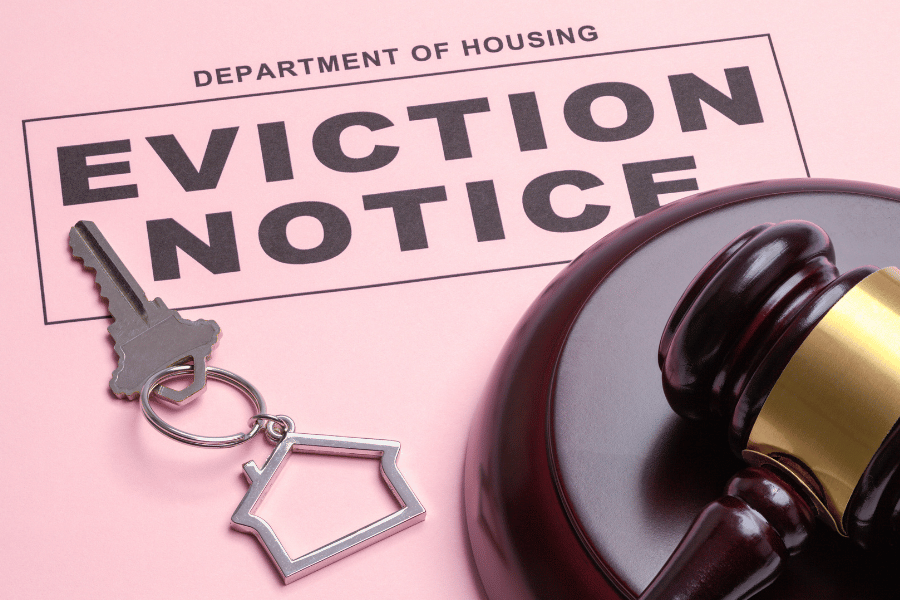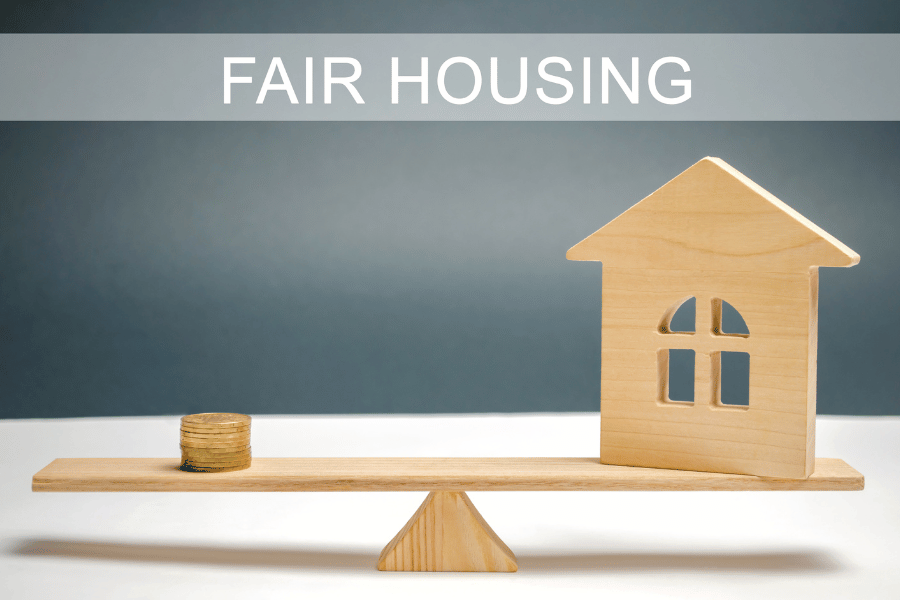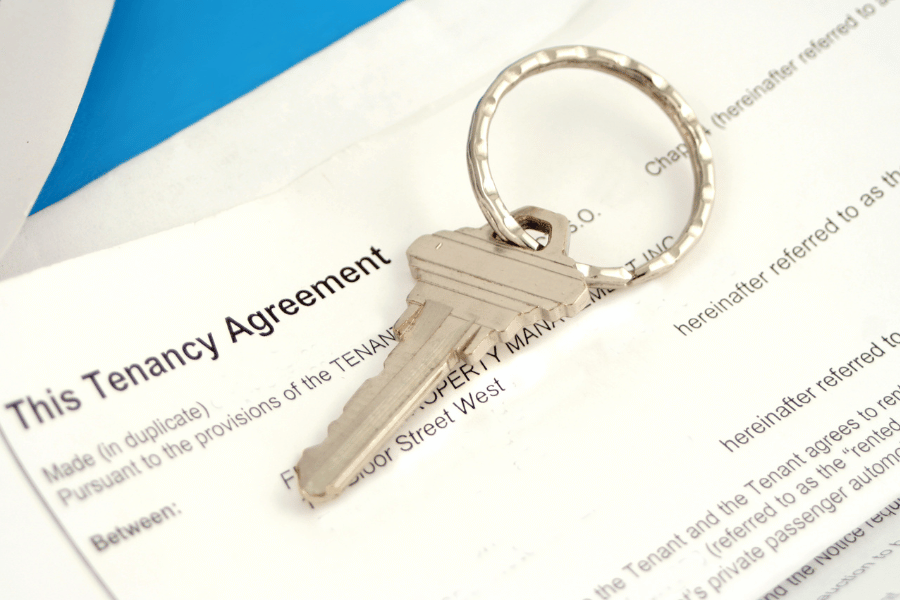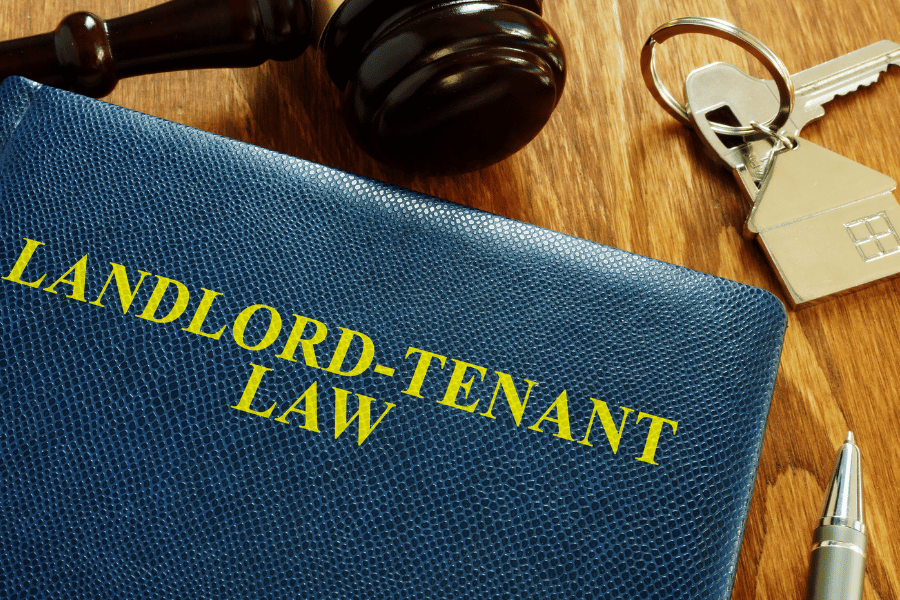Local Tenant Rights and Protections in North Carolina?
Are you a current or future tenant and want to know what rights and protections you have in North Carolina? Here is all you need to know about the rights and protections of local tenants in North Carolina.
Knowing the tenant laws of a state can be complicated because every state handles landlords and tenants in a slightly different way, and some local jurisdictions also provide their own regulations, making it harder to understand.
It's a good thing these rights and protections in North Carolina and other states are not as complicated as they seem. If you understand the essential rules and rights that you have as a tenant and landlord, you will be fine.
The North Carolina tenant laws are designed to protect you. Understanding your rights is important to ensure you enjoy your rented home and everything that goes into it. The North Carolina rental landscape and policies are diverse, from the mountains to the coast.
Many of us will enter a residential lease at some point in our lives. Laws in every state govern the relationship between landlords and tenants to ensure both parties are respected. Whether you are a renter in North Carolina or considering a lease, keep reading to learn more about your legal rights and what protects you as a tenant.
Here are the local tenant rights and protections in North Carolina.
1. NC Landlord Obligations and Tenant Protections
Overall, the weight of responsibility rests on landlords to ensure the rental properties they offer are more than a shelter. The law is there to set elevations. Every landlord must meet with the tenant's well-being at the front of responsibilities. Below are some obligations they must abide by:
- A home needs to be more than four walls and a roof; rather, it needs to be a sanctuary with warmth and light. The landlords of North Carolina are responsible for upholding this by maintaining the property's facilities. If the lease includes appliances, they must remedy any maintenance.
- A landlord must also keep the premises safe, such as sidewalks, common areas, and staircases due to safety according to the local Housing code. Landlords must notify tenants about any shifts in the property as well.

2. Renters' Living Space Rights
Under North Carolina's tenant laws, every renter has the right to a habitable living space. Ensuring the premises meet local housing codes is a cornerstone of rental property ownership and management. Tenants can expect their homes to be more than just walls; the law is there to ensure running water, intact features, and secure locks.
The habitability standards outlined in North Carolina rental laws are critical to giving tenants a quality of life. If a landlord fails to uphold these standards, the tenants are empowered to seek proactive legal remedies.
Understanding these protections is vital to enjoying and maintaining a sense of security and dignity in your home. Tenants of North Carolina should know these rights so they can ensure they live in a true-fit home.
- Habitable living conditions are non-negotiable rights for tenants
- Landlord must proactively maintain and repair rental properties
- Local housing codes dictate the minimum requirements for rental properties
- When landlords fall short, tenants can pursue legal avenues to enforce their rights.
3. Respecting Tenant Privacy and Property
When renting in North Carolina, renters are entitled to the covenant of quiet and peaceful enjoyment in their homes. Here are some things you should consider:
Limitations on Lanlord's Right of Entry
The landlord's right to enter a rental property is not unlimited. While property owners do have a legitimate need to inspect their properties, North Carolina clearly stipulates that this right must be balanced against a tenant's right to privacy.
Landlord entry is strictly governed by reasonable notice requirements and restrictions to ensure that it is conducted in a manner that is as unobtrusive as possible to the tenant's life and privacy.
Renters' Right to Peaceful Enjoyment
Tenants have the right to live undisturbed and enjoy their rented property as if they were the owner, free from unwarranted intrusions. In case of a dispute, communicate written concerns clearly and respectfully, upholding the tenant's dignity and rights amidst the dynamics of rental agreements.
4. Legal Procedures For Tenant Evictions
Under North Carolina's tenant eviction laws, the framework is designed to balance the rights of landlords to regain possession of their property with the rights of tenants to due process. It is crucial for the parties involved to fully understand the local procedures and eviction rules that govern these actions.
Summary Ejectment Proceedings:
When a tenant fails to comply with the eviction notice, landlords have the right to proceed with summary ejectment, which is a legal action to recover possession of the property swiftly. In the case of an expedited procedure, it is crucial that the eviction strictly adheres to prescribed legal processes. Therefore, as a tenant, following the legal eviction rules is imperative.
Eviction Notice Requirement:
Before proceeding with an eviction, North Carolina law states that landlords must provide tenants with a 10-day notice for unpaid rent. During this period, tenants must either pay the outstanding amount or vacate the premises. This notice is a critical first step in the legal eviction process, clearly communicating to tenants the severity of the situation and providing a limited window for resolution.

5. Security Deposits
In North Carolina, specific guidelines for security deposits in tenant leases are in place to ensure clarity for both landlords and tenants. As a renter, it's crucial to understand how much of your money will be allocated for a security deposit.
Landlords have the right to request security deposits to safeguard against potential property damage or unpaid rent, and North Carolina law regulates this amount.
These rules are designed to protect tenants from excessive financial burdens and ensure transparency regarding the security deposit. Below is a breakdown of deposits.
- For a week-to-week lease, landlords can collect up to two weeks' rent.
- Month-to-month tenants might need to pay up to one and a half months' rent.
- If you signed a long lease, the limit is two months' rent.
6. Tenant Rights in the Event of Discrimination
Equity in housing is not only ideal but also a legal mandate protected under the Fair Housing Act and North Carolina state laws. Renter's rights in North Carolina are powerful tools that shield against housing discrimination, promoting fairness and equality in opportunities regardless of race, color, religion, sex, or family status.
As a tenant, you are entitled to seek a house without fear of prejudice, a right enshrined in both Federal and state legislation. If you encounter discrimination in your search for housing, during the financing process, or within the lease agreement, be assured that legal pathways are in place for this.

Under the Fair Housing Act, and NC statutes, any conduct suggestive of housing discrimination is not only reprehensive but it is also unlawful. As a tenant or future tenant, you are employed to lodge complaints and invoke legal mechanisms to rectify such actions.
- If denied housing based on personal characteristics rather than merit, know it's not just wrong but illegal
- When discriminatory practices curtail opportunities for financing your home, legal aid organizations stand prepared to assist
- Within terms of your lease agreement, equality is not just nice but a requirement.
7. Understanding NC Rental Agreements
When preparing to enter the world of leasing in North Carolina, it's crucial to understand the intricacies of rental agreements thoroughly. These agreements establish landlords' and tenants' rights and responsibilities and apply to a wide range of properties. It's essential to read and comprehend the rental agreement thoroughly, as it significantly impacts your experience as a tenant.
In North Carolina, both written and oral leases are valid arrangements. While oral agreements may appear convenient, they can lead to misunderstandings or disputes. Written lease agreements provide a tangible reference with comprehensive details. A written lease is not just an option but a mandatory requirement for leasing periods exceeding a year.
North Carolina's rental landscape offers both conditional and unconditional leases. These leases may include conditions for property maintenance or clauses outlining precedence in case of damage. Unconditional leases present a set of fixed terms in straightforward agreements. Therefore, understanding the type of lease you are entering is crucial for comprehending your rights and responsibilities.

8. Tenant Responsibilities Under NC Law
The North Carolina rental market tenants must understand and fulfill their responsibilities to maintain the landlord-tenant relationship. These responsibilities are essential for complying with the lease agreement and ensuring the quality and safety of the property.
Punctual payment of rent is non-negotiable; it is a cornerstone of rental agreement adherence. Additionally, tenants are expected to actively contribute to the upkeep of their homes, including maintaining a clean and safe environment and ensuring the proper functioning of plumbing systems.
Furthermore, tenants must abstain from any actions that could lead to property damage, as this can have serious financial implications. Both tenants and landlords have a range of responsibilities and obligations to uphold.
When ending a lease, tenants must adhere to North Carolina law by providing appropriate notice to their landlords. The notice period depends on the frequency of rent payments and is crucial for a smooth transition and a compliant lease agreement.
Here is an overview of tenant responsibilities.
- Timely rent payments
- Upkeeping property cleanliness and safety
- Mainitnaing plumbing
- Avoiding property damage
- Proper move-out notifications
9. Public Housing and Section 8 Tenants in NC
Within the borders of North Carolina, a diverse array of public housing options and Section 8 programs underscore the state's commitment to providing affordable living spaces. These programs are there for community stability and tenant rights.
Protections for Public Housing
North Carolina sets standards for tenants in public housing by ensuring safe and equitable living conditions. These laws and protections extend to every facet of the living experience.
- Quality control measures ensure properties meet health and safety standards
- Non-discrimination policies foster an inclusive community fabric
- Authority-specific rules regulate rent calculation, prioritizing affordability
Navigating Section 8 Rights
For individuals in Section 8 housing, grasping tenant rights is crucial and within reach. Voucher holders can access numerous resources that clearly outline their rights regarding rent, eviction, and property quality. Understanding the correlation between these obligations is essential for effectively navigating this program.
- Section 8 tenants enjoy protections on how rent is determined, helping manage their financial commitments effectively
- Eviciation protection under the program is robust, aiming to prevent unfair displacement
- Regulations specific to Section 8 housing ensure dwellings are not only safe but also conducive to the well-being of tenants
The framework of public housing and Section 8 tenant laws in North Carolina exemplifies a compassionate and proactive approach to residential welfare. For participants in this program, staying well-informed about the diverse protections is imperative.
10. Landlord and Tenant Law for Different Counties
As a North Carolina resident, navigating renting here while being aware of the various jurisdictions is important. State laws provide a fundamental understanding of rights and obligations, but there are also jurisdictional differences to consider.
Multiple municipalities may have their own regulations, and these local distinctions can significantly impact the expectations of both parties in rental agreements. For example, Raleigh and Charlotte may impose different responsibilities on landlords and tenants beyond the state stipulations.
For tenants, being well-protected depends on their awareness and understanding of the relevant local landlord-tenant laws, which greatly impact their tenancy. A well-informed tenant is better equipped to advocate for their rights and have a peaceful and fair experience.

Methodology
We used information and data from several different sources as well as our own data to create this guide about local tenant rights and protections in North Carolina:
- Legal Aid NC
- Raleigh, NC Gov.
- North Carolina Office of Administrative Hearings
- State Fair Housing Act
Above are a few sources that we used to gather most of our information about the rights and protections for tenants in North Carolina.
FAQS
What are the tenant protection laws in North Carolina?
The right to privacy, quiet enjoyment, protection from discrimination, lease termination with justifiable reasons, and request for repairs or rent reduction must be upheld.
Where can I file a complaint against my landlord in NC?
The North Carolina Department of Justice assists tenants involved in disputes with their landlords. You can file online with the Department or call for assistance.
What is considered an uninhabitable living situation for a tenant in NC?
Excessive standing water, sewage, or plumbing leaks can lead to mosquito infestation or mold due to inadequate drainage.
Local Tenant Rights and Protections in North Carolina? - The Bottom Line
As you enter the rental world, or if you are already in it, it's important to understand your rights and the protections available to you. In North Carolina, tenants have the right to a habitable living environment, privacy, protection against discrimination, and to be informed about any changes in the property.
North Carolina tenant laws cover various living situations. If you're considering moving into a rental property, it's crucial to understand all aspects of the process thoroughly. This will help you save time, money, and stress, allowing you to live peacefully and safely.
If you are considering moving or selling, contact us or visit our website. Our team at Raleigh Realty is here to help you with any home buying or selling needs.



